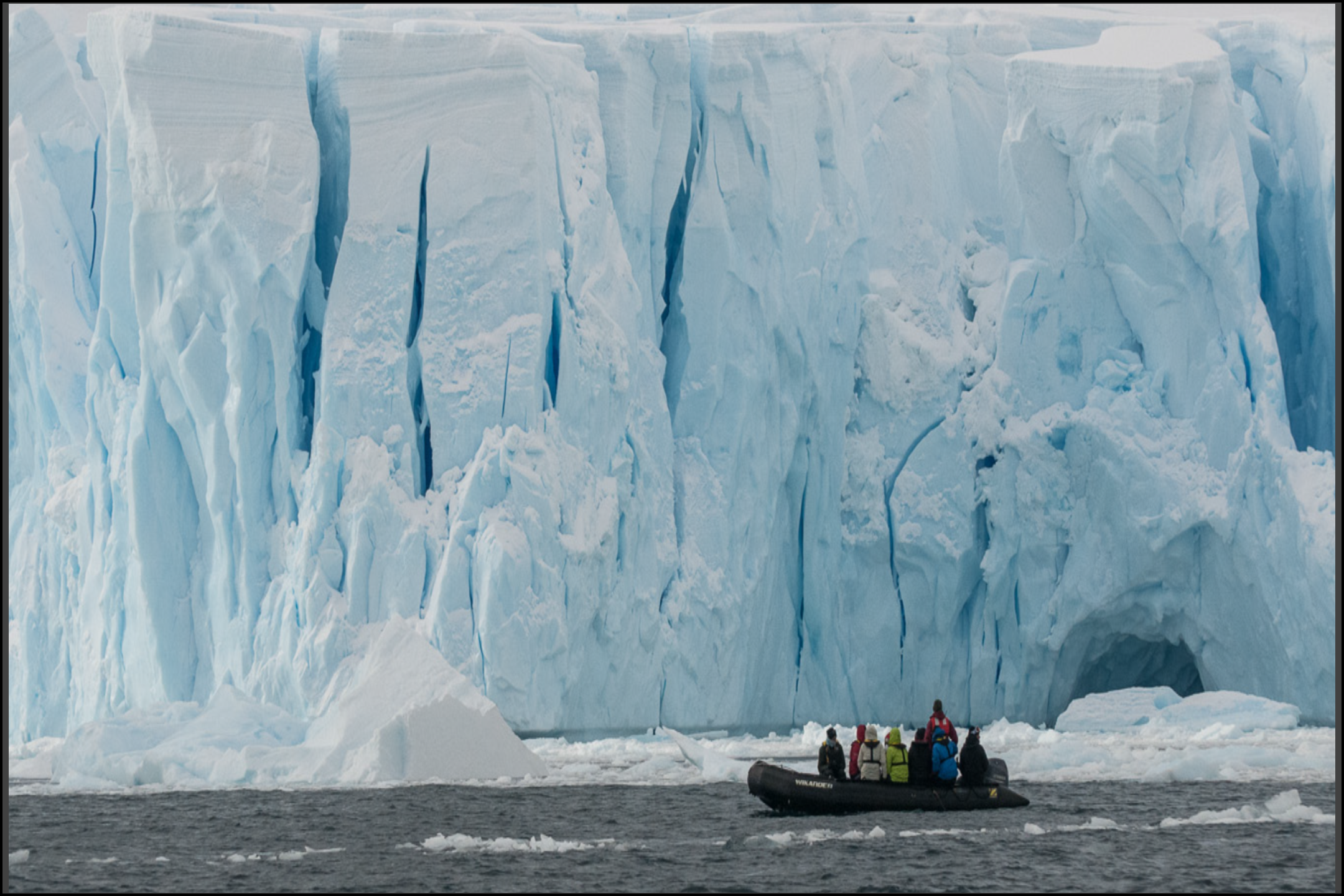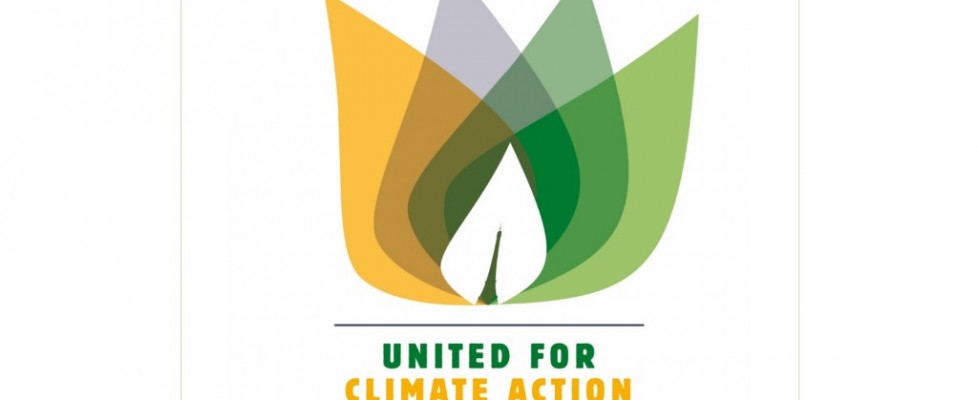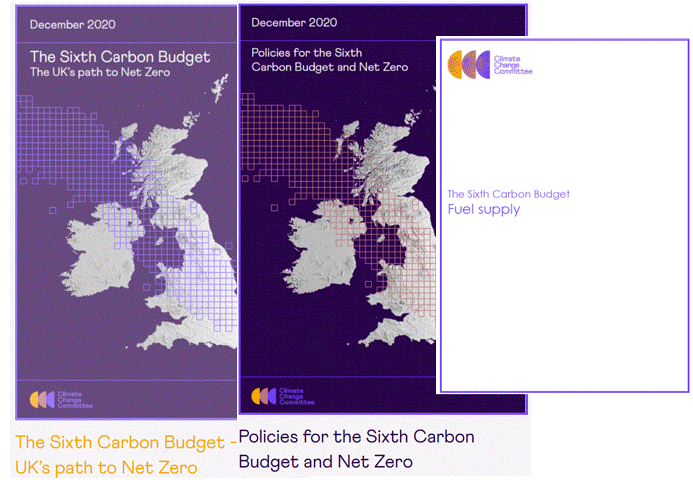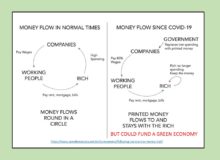Readiness for the Paris COP21 conference
Carbon Brief lays out the timetable for preparations, with an update on the draft text following the final meeting of negotiators before the December convention.
- 30 October – UN releases its “aggregation” report of INDCs
The
release shows that: “
Aggregate global emission levels resulting from the implementation of INDCs will not fall within least-cost 2 °C scenarios“
Climate Action Tracker assesses ‘fairness’ of the contributions by countries. The combined EU contribution is judged as “
Not consistent with limiting warming below 2°C.”
- 8-10 November – Ministerial pre-COP, France
- 15-16 November – G20 Leaders’ Summit, Turkey
- 30 November – 11 December – 21st Conference of Parties, Paris
Jeremy Leggett will publish the final chapter of his diary “The Winning of the Carbon Wars” on 3rd November. The story so far from May 2013 puts context around the jostling and lobbying to get (or to scupper) global agreements at the Conference of the Parties in Paris .
The Institute of Environment and Development confirms that there is still much debate about the contributions of the ‘developed’ countries compared with the ‘Least Developed Countries’ in Climate negotiations: the last stop before Paris. on 19th Oct “The current draft documents are unbalanced and weak. Many of the elements that are supremely important for the Least Developed Countries (LDCs) are completely missing or poorly reflected“
In Prospects for the Paris climate summit. Stephen Tindale confirms that financial contributions for paying for effects of climate change are a major sticking point to reaching an agreement. He also notes that the UK’s own energy policy is in chaos.
350.org day of mobilisation and action in Paris on December 12th – following the COP21 convention.
“As the summit wraps up in Paris, the climate movement is already planning to have the last word.
On December 12th, join us in Paris for a big, bold, and beautiful day of mobilisation and action to show that the climate movement is ready to lead the way.
2015 is on track to be the hottest year in recorded history, and this December hundreds of world governments will meet in Paris to try to strike a global climate agreement. It will be the biggest gathering of its kind since 2009, and it’s a big moment for the global climate movement.
So far, however, commitments from world governments just aren’t adding up. This has the makings of a global failure of ambition — and at a moment when renewable energy is becoming a revolutionary economic force that could power a just transition away from fossil fuels.
On the other hand, this could be a turning point — a shift in power away from the industries causing the climate crisis and toward people fighting for climate justice. But only if we push for it.
We can’t afford to wait politely for world governments to act. We are the ones that we’ve been waiting for.”
Muswell Hill July Talk
Can there be a deal? Yes – all parties want it.
Will there be a deal? This is about 60% probable.
Will the deal be sufficient? No, but a weak deal will be better than none. See the outcome from the July 2015 Scientific Pre Paris conference
Prof. Michael Jacobs, visiting professor at UCL and LSE and an expert on climate and energy policy, gave a talk on this vital topic on Monday 13 July, at a meeting organized by the Muswell Hill Sustainability Group. Prof. Jacobs is at present advising the French Government on preparations for the Climate Change summit in Paris later this year.
His talk addressed 4 main issues:
- Can a new climate deal be agreed this year?
- What is the shape of the emerging deal?
- Why there are good reasons to believe a deal is possible.
- What are the likely features and obstacles.
More
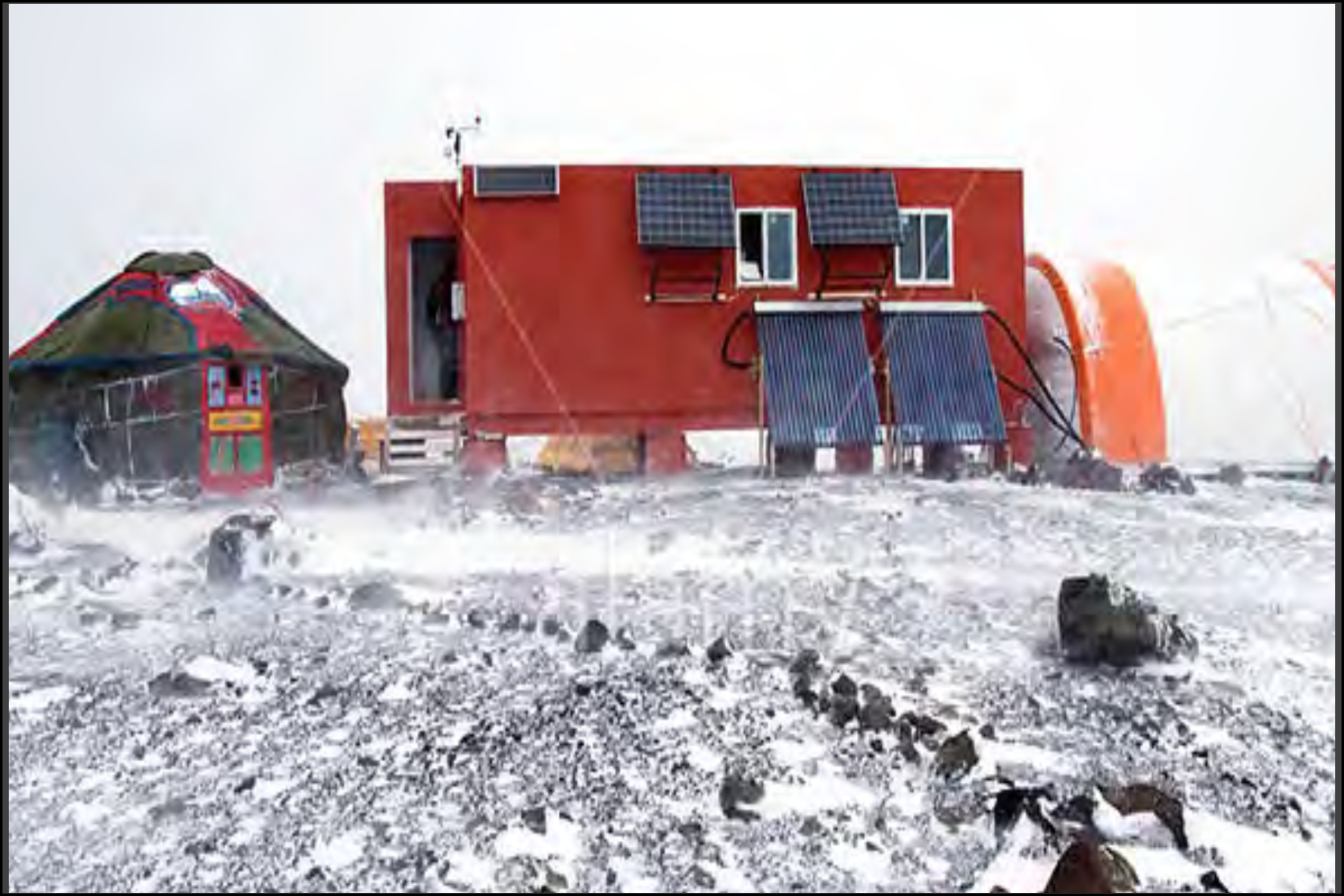 Renewable E Base in Antarctica
Renewable E Base in Antarctica

